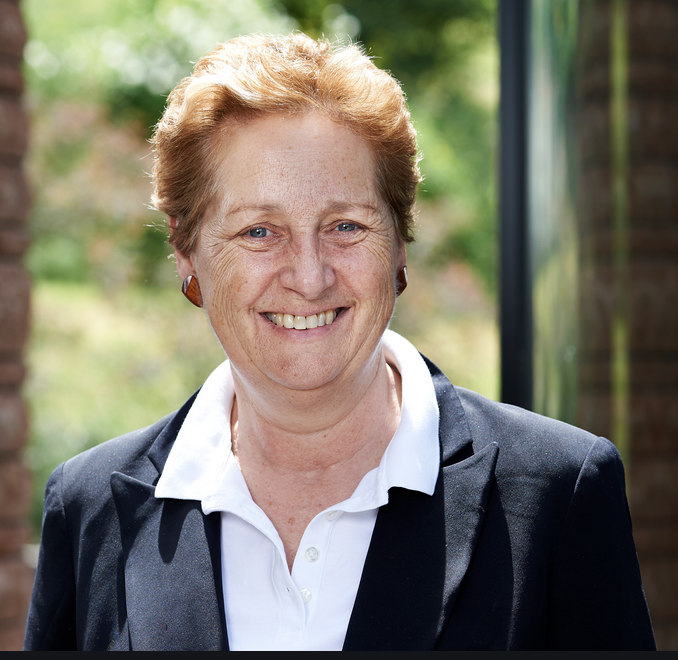I had the privilege to serve on the AIA National Board of Directors in 2020, the year we were going to focus our 95,000-member professional organization on climate action. Instead, this proved to be the most tumultuous and transformative year for the 163-year old organization, and for my long-term commitment to the AIA, AIACOTE, AIAS and AIARC (the old AIA Research Corporation).
Originally planning on three major meetings in DC, LA, and Charleston, we ended up meeting bi-weekly as a succession of critical long-term challenges arose: climate action, the pandemic, Black Lives Matter, and political advocacy. I ended the year with the greatest respect for the board and the organization, and view the profession as pivotal to addressing all four of these challenges. Here are some highlights:
After hundreds of iterations, we approved a Strategic Plan for 2021-2025 focused on Climate Action and Equity. Two goals are blazoned across the top: to ensure climate action for human and ecological health and to advance racial, ethnic, and gender equity. The vision to ‘Drive positive change through the power of design and focused activism’ was matched by a mission to ‘Inspire and empower architects to improve society and transform the world’. The metrics of success are spelled out in the Framework for Design Excellence, which originated with the COTE Top 10 and inspires sustainable, resilient and inclusive design. It is a tool to measure the quality of all projects, new and retrofit, against quantitative and qualitative outcomes.
Then the pandemic hit in March and many professional projects halted, firms were bleeding capital, and the client community was struggling to define healthy and safe workplaces. The AIA Board quickly pivoted with an expert task force to establish Covid-19 Resources for Professional Practice (issued March) with in-depth guidelines for responding to the pandemic in practice management and in design projects.
Then the Black Lives Matter movement demanded a second pivot in April, catalyzing the AIA Board to formally address our long-standing complicity as a profession with systemic racial injustice. A formal commitment was issued June 5, followed by the adoption of a number of design and organizational actions for diversity, equity and inclusion.
AIA Board Statement on Racial Injustice
AIA Resources on Equity, Diversity and Inclusion
AIA Guides to Equitable Practice
The statement we made had to be actionable, resulting in a rapid restructuring of the organization, compensation, committees, awards and more. In December we passed the AIA commitment to advancing justice through design as part of our Code of Ethics. All three of these local, national and global challenges – Climate Action, Equity, and Human and Environmental Health – began to drive the entire agenda of the AIA Board.
For Climate Action, the board passed the AIA Materials Pledge in October, a pledge the mirrors the 2030 Challenge binding professionals to specify products for human health, social health and equity and ecosystem health, in specific:
Support Human Health by preferring products which support and foster life throughout their lifecycles and seek to eliminate the use of substances that are hazardous.
Support Social Health and Equity by preferring products from manufacturers who secure human rights in their own operations and in their supply chains, and which provide positive impacts for their workers and the communities where they operate.
Support Ecosystem Health by preferring products which support and regenerate the natural air, water, and biological cycles of life through thoughtful supply chain management and restorative company practices
In December, the AIA Commitment to Climate Action was captured in the vote to honor Edward Mazria, FAIA with the AIA Gold Medal, and the AIA Commitment to Diversity, Equity and Inclusion was captured in the vote to honor Moody/Nolan with AIA Firm of the Year. The board’s closing actions for this unprecedented year was to endorse the
AIA Advocacy Platform for 2021, focusing on three areas:
- Future economy – prioritize job creation, leverage private investment, ensure business friendly tax policy;
- Climate action – American leadership, transform energy use, commit to zero carbon;
- Healthy communities – invest in housing and infrastructure, reinvest in America’s public places.
It should be no surprise that the AIA was named among the ‘Top 100 organizations that will change the world” by the American Society of Association Executives.
An intense and whirlwind year of volunteer work for all of us on the Board – led by Jane Frederick, FAIA – has changed the direction of the organization and the profession forever. It is an honor to be an architect, especially at this time when the built environment can make such a difference locally, nationally and globally.
Vivian is a University Professor and former Head of the School of Architecture at Carnegie Mellon University. She is an internationally renowned researcher, author and educator with over 30 years of focus on environmental design and sustainability, advanced building systems integration, climate and regionalism in architecture, and design for performance in the workplace of the future. Read more about Vivian here.



Thanks, Vivian! and thanks AIA membership!
This work strengthens my optimism that positive societal changes are actively supported and happening.
Rock on,
Miranda Berner
Thanks for sharing the AIA activities from 2020!